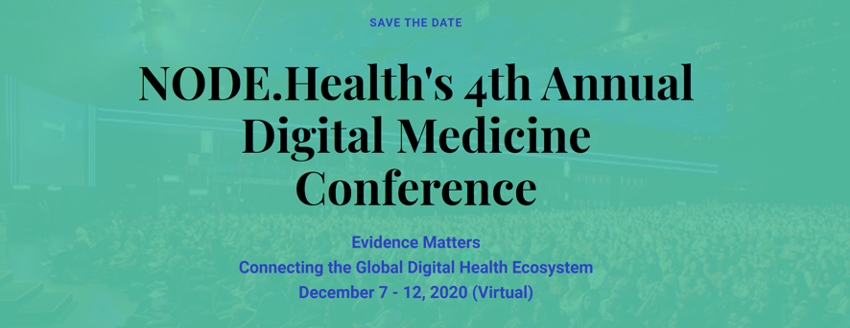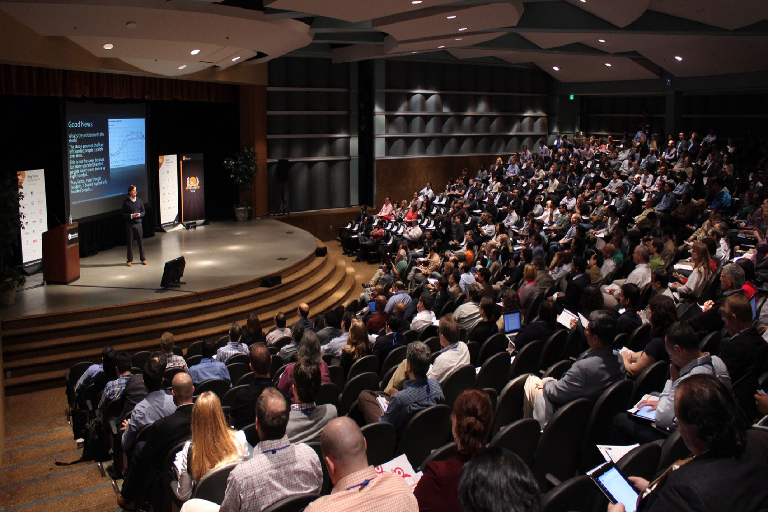Limitations of legacy systems may be slowing EHR adoption amongst providers, can custom templates win over stragglers?
By Lisa Kerner, contributing writer
The Department of Health and Human Services (HHS) is more than half way towards its goal of provider electronic health record (EHR) adoption according to a Healthcare Technology Online article, but physicians’ dissatisfaction with EHR systems is still a concern. The article notes several factors that are slowing EHR adoption including provider’s fear “of workflow disruptions and productivity losses,” provider’s age, and practice size.
Dr. Joel S. Koenig, whose Missouri-based practice is ineligible for meaningful use incentives, offers another reason. Writing for PhysBizTech Koenig notes, “While evaluating systems … I found none fit my practice workflows. In particular, they required use of pre-defined templates, forcing me to fill in multiple data fields that were irrelevant to my practice.”
Koenig continues, “I opted to go with an EMR that let me configure nearly everything. I knew this approach would require more of my time up front, but I was confident that custom-designed templates would eliminate productivity declines and provide quicker returns on time and costs invested. “
According to Koenig, the results have been worth the upfront time. “Instead of struggling for months to regain pre-implementation productivity levels and realize a return on my EMR investment, my experience was exactly opposite. Using a customized EMR has increased patient satisfaction, in particular with e-prescribing, enabling me to use tablet computer in the exam room,” in addition to reporting a saving of $500 a month on off-site storage costs and reclaiming the use of two exam rooms previously lost to storage.
A recent Healthcare Informatics echoes Koenig’s concern of legacy systems, writing many physicians are struggling to use current “point-and-click systems.” Authors Ted Reynolds and Marla Roberts, DrPH, R.N. continue, “Oftentimes poor integration, workflow design, and minimal query capabilities are to blame for low usability.” While the industry may be adopting technology, the authors say, “The current challenge is to focus on usability from the clinician’s perspective, particularly physicians.”
Reynolds and Roberts acknowledge “generational differences” affect the rate of technology adoption, however they believe “it is also true that when more tech-savvy physicians experience a move from a well designed EHR to a poorly designed one, the resulting frustration is the same.” For many physicians, achieving meaningful use “has become a simple exercise of ‘clicking the box’ to receive incentives rather than truly utilizing the EHR to achieve quality improvement,” said Reynolds and Roberts. Source






























